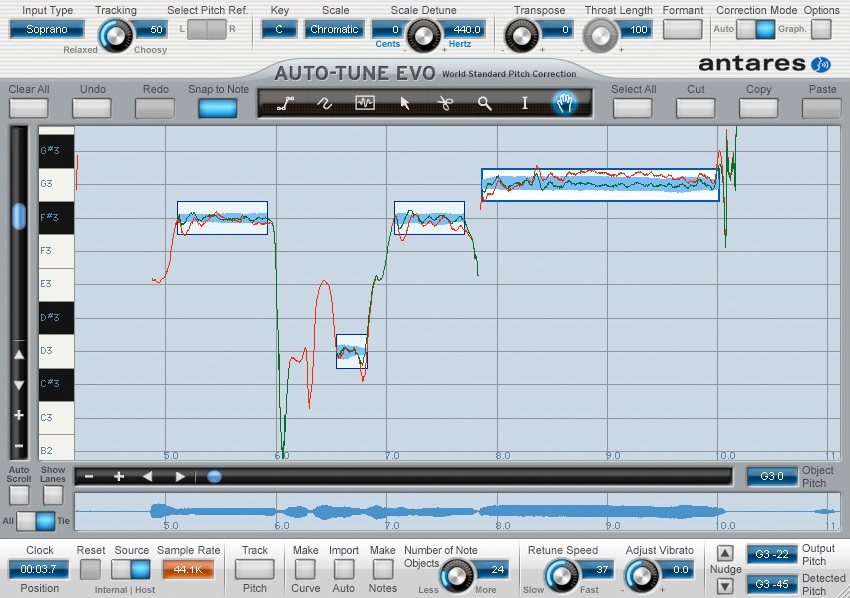I know that when some of you see the word Otis, you think about elevators. I also know that many people think of Otis Redding with a certain reverence without knowing why. Some artists we accept by default through knowledge passed down as though canon of popular music is a sacred, unchanging brick wall.
The song "Try a Little Tenderness" is "a love song written by "Irving King" (James Campbell and Reginald Connelly) and Harry M. Woods, and recorded initially on December 8, 1932 by the Ray Noble Orchestra (with vocals by Val Rosing) followed by both Ruth Etting and Bing Crosby in 1933. Subsequent recordings and performances were done by such recording artists as Little Miss Cornshucks (1951), Jimmy Durante, Frank Sinatra, Rod Stewart, Frankie Laine, Percy Sledge, Earl Grant, Al Jarreau, Nina Simone, Etta James, Tina Turner, Three Dog Night and John Miles and Andrew Strong." (wikipedia)
This performance is 42 years old. And though the song isn't that long, Otis Redding shows why he kicks ass and his style and energy are timeless. If the only version you've heard is the bastardized Chris Brown version, do yourself a favor and share the power, energy and soul of a frontman without equal - Otis Redding.
